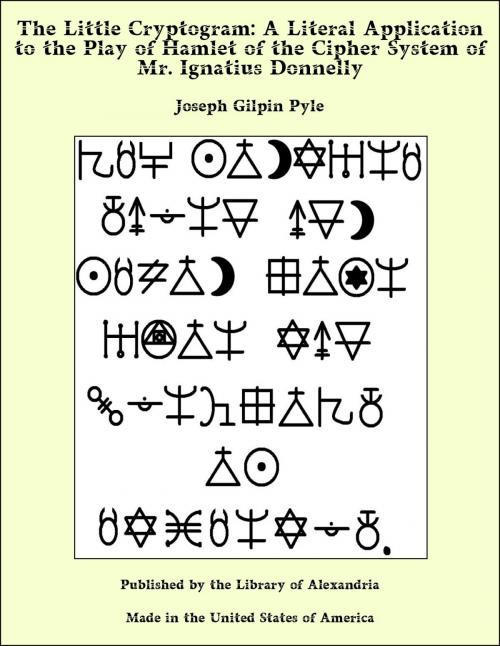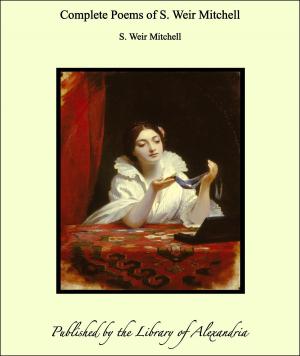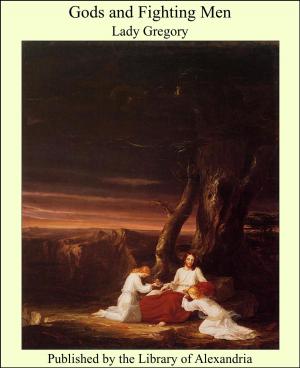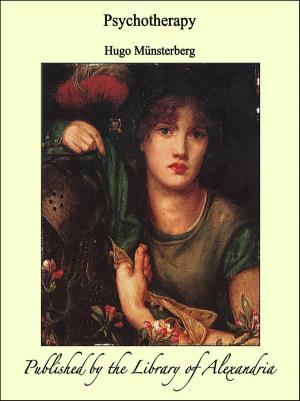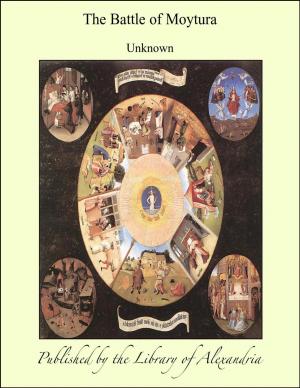The Little Cryptogram: A Literal Application to the Play of Hamlet of the Cipher System of Mr. Ignatius Donnelly
Nonfiction, Religion & Spirituality, New Age, History, Fiction & Literature| Author: | Joseph Gilpin Pyle | ISBN: | 9781465614414 |
| Publisher: | Library of Alexandria | Publication: | March 8, 2015 |
| Imprint: | Language: | English |
| Author: | Joseph Gilpin Pyle |
| ISBN: | 9781465614414 |
| Publisher: | Library of Alexandria |
| Publication: | March 8, 2015 |
| Imprint: | |
| Language: | English |
“The Great Cryptogram,” the monumental work in which Mr. Ignatius Donnelly essays to prove that the so-called Shakespeare plays contain a cipher story, discoverable by a system which he has worked out with infinite labor, is at last in the hands of an expectant public. No book so thoroughly advertised has appeared for many a year. For months and months the eye has been assailed by paragraphs and pages in the literature of two worlds, contending for or against the existence in the Shakespeare plays of a cipher that would assign the honor of their authorship to Lord Bacon. It has been admitted on all sides, and declared by Mr. Donnelly himself, that the appearance of this volume would rid the world of a delusion forever, and stamp the successful explorer of the mystery with undying fame, or write him down as the most daring and stupendous literary fraud that all the ages have produced. The author has challenged the test. It is his due that the results of his labor should have a candid and impartial investigation. Those who are interested in knowing whether “The Great Cryptogram” is a record of discovery or a record of ingenious and plausible invention may pass quickly over the first book of the volume, which deals with “The Argument,” because in this Mr. Donnelly does not lay claim to originality. It is devoted to a careful and systematic marshaling of the circumstantial evidence used in the past to prove that the historical Shakespeare did not write the plays commonly ascribed to him. There is, as every literary man knows, a great deal of evidence that will pass muster under this head. There is an inconsistency between such fragments of a life of Shakespeare as have come down to us, and the experiences and the acquirements which we should declare indispensable to the writing of that matchless drama.
“The Great Cryptogram,” the monumental work in which Mr. Ignatius Donnelly essays to prove that the so-called Shakespeare plays contain a cipher story, discoverable by a system which he has worked out with infinite labor, is at last in the hands of an expectant public. No book so thoroughly advertised has appeared for many a year. For months and months the eye has been assailed by paragraphs and pages in the literature of two worlds, contending for or against the existence in the Shakespeare plays of a cipher that would assign the honor of their authorship to Lord Bacon. It has been admitted on all sides, and declared by Mr. Donnelly himself, that the appearance of this volume would rid the world of a delusion forever, and stamp the successful explorer of the mystery with undying fame, or write him down as the most daring and stupendous literary fraud that all the ages have produced. The author has challenged the test. It is his due that the results of his labor should have a candid and impartial investigation. Those who are interested in knowing whether “The Great Cryptogram” is a record of discovery or a record of ingenious and plausible invention may pass quickly over the first book of the volume, which deals with “The Argument,” because in this Mr. Donnelly does not lay claim to originality. It is devoted to a careful and systematic marshaling of the circumstantial evidence used in the past to prove that the historical Shakespeare did not write the plays commonly ascribed to him. There is, as every literary man knows, a great deal of evidence that will pass muster under this head. There is an inconsistency between such fragments of a life of Shakespeare as have come down to us, and the experiences and the acquirements which we should declare indispensable to the writing of that matchless drama.
